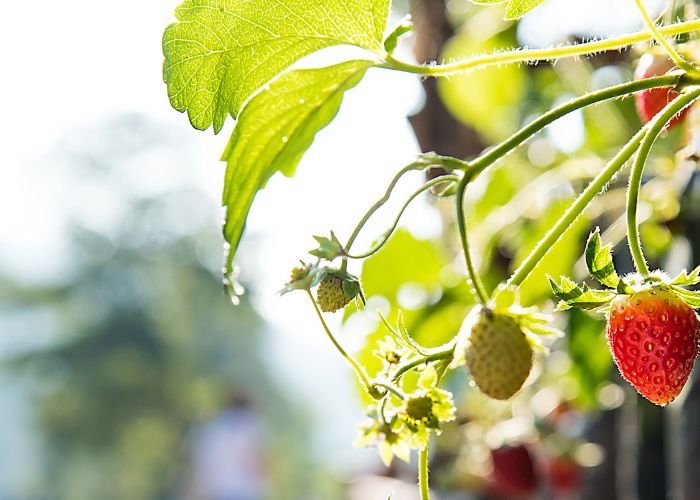MADRID – Strawberries from the Andalucian province of Huelva are currently cheaper in Germany than in Spain. And the list of Spanish products that are cheaper abroad, as with olive oil, is getting longer and longer. So, how is that possible?
The price differences are apparent from research by ‘Sábado Clave’, a program by broadcaster La Sexta. Journalists of the program compared the price of a kilo of strawberries from Huelva in Madrid (€6.75) with those in Berlin (€3.54) and Frankfurt (€4.99). This means that German prices are considerably lower than those of the country of origin, Spain.
Long term agreements
The price difference is due to long-term agreements that many growers make to guarantee a steady income, regardless of the specific circumstances of each harvest. German distributors benefit from this and can therefore obtain very low prices. The remaining products, which are not covered by these agreements, are traded in Spain. Since the harvest has been very poor this year, there is little left and prices are rising.
Olive oil cheaper in Australia
The problem is similar to that of olive oil in recent months. Olive oil was cheaper in Australia than in Spain itself. Furthermore, it is also expected to affect ham, berries and many other primary sector products. However, it is only a symptom of a larger problem that has been simmering for decades, exposed by poor harvests, inflation and problems in the supply chain.
Reverse
Spain is undoubtedly one of the largest agricultural and livestock giants in Europe, but this has a downside. It is a force in low-value-added industries, which is almost synonymous with low wages. Spain’s choice to be ‘Europe’s horticultural greenhouse’ (as long as the European Union does not enter into agreements with third parties that, as with the South African orange, drive Spanish growers out of the market) may make sense, but it brings the constant risk of a two-speed Europe.
‘Curse of Natural Resources
Xataka.com argues that this is the “curse of natural resources”, dozens of examples of which can be cited. One of the most notable is that of Chile, where between 1884 and 1930 the economy grew around saltpetre, a substance of particular use in agriculture and whose world market was dominated almost exclusively by Chile. But when the first synthetic fertilisers were developed in Germany in the early twentieth century, the economy entered a deep crisis, including civil unrest.
According to Xataka, it is clear that industrial policy is not easy. However, it is necessary and it seems that Spain has not yet understood that.


